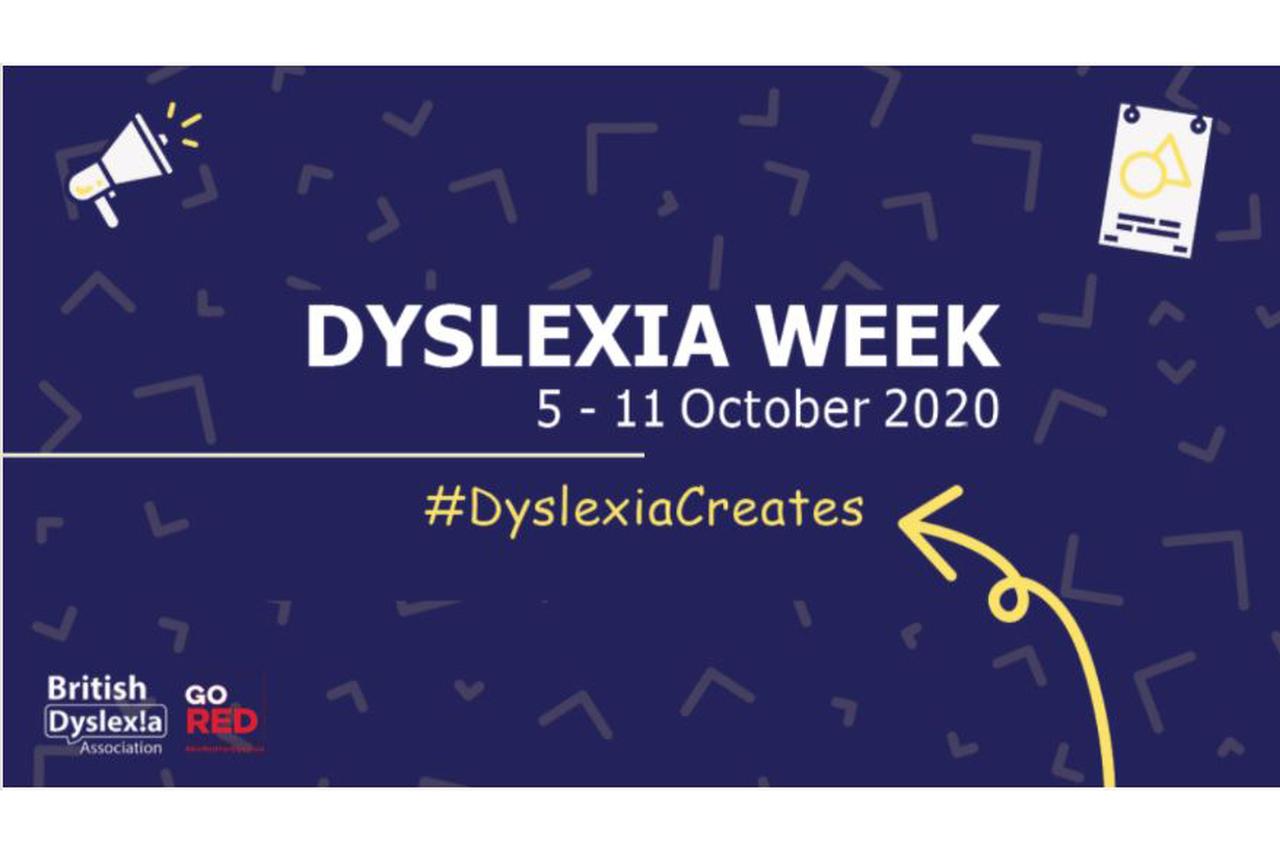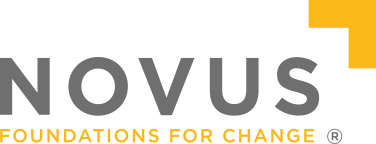Breaking down the barriers to education for those who are neurodiverse
Adult Provision Youth Provision

To mark Dyslexia Week 2020, Lesley Clark, Novus Bid Solution Director, shares her thoughts on neurodiversity and prison education.
As with any education environment, one of the things you notice quickly in the rehabilitation of offenders is that one size never fits all. There are few more challenging environments to educate both young people and adults than the one we contend with in the prison education sector, and we regularly see how the removal of the metaphorical barriers to education for those with learning difficulties and disabilities can be life altering.
In my years spent working with Novus, in all types of establishments around the country, I have encountered many people who are neurodiverse who are the most passionate and committed to their education. In many cases we deal with individuals that have been left behind by the system and it’s our job to re-engage them in their own personal development. That’s a special skill that so many of our tutors have acquired.
There are more than 1.5million people in the UK with a learning disability. In prisons however, the percentage of the population with learning difficulties and disabilities is proportionally far higher than the general population. A review by Dame Sally Coates - Unlocking Potential: A Review of Prison Education, in May 2016, reported that 32% of new prisoners were recorded or self-reported as having learning difficulties and/or disabilities. As a provider of education in prisons and rehabilitation services we hope to reverse the effects of any negative experiences in education at an early age and encourage those with learning disabilities to re-engage with their learning.
Within Novus we have been active in training and supporting our tutors to improve the experience of people who are neurodiverse in our establishments. Providing our tutors with the skills they need to better communicate with all learners is a vital component of this. Through our partnership with the British Dyslexia Association (BDA), we have co-developed a specific training programme that has given a core team of Novus colleagues the skills and knowledge to deliver training to tutors across the organisation.
The ‘Train the Trainer’ programme with the BDA means we are delivering a quality assured dyslexia provision in our education departments. This builds on the award winning provision for dyslexic students at HMYOI Werrington, the only prison in the country to hold the British Dyslexia Association Quality Mark Award.
We have to make sure our learning resources are accessible and inclusive for our whole audience, this also stretches to the environments in which they study. By making the classroom environment a more engaging space we can encourage more learners to actively participate in education. During 2019 and into the early part of 2020 we have been delivering an environmental uplift to all of our education departments that is doing just this.
We aim to deliver an engaging and creative provision that brings the best out in all of our learners, it’s about the individual and we all learn differently. Creating a curriculum that stimulates all our learners is integral, we believe that whether it’s a classroom, vocational or creative course we are delivering a programme that is suitable for all our learners and can give them the foundation to build a better future, and support their rehabilitation.
This year we have faced may challenges and circumstances brought on by Covid-19 have meant we have had to find new ways to engage with our learners and continue to deliver education. The changing landscape has enabled us to look at new and innovative ways to support our learners and meet their individual needs.
Within our education departments it is important to us that we share our best practise across the country. Hopefully this week of awareness will have a similar impact and kick start the conversation between education providers in all settings across the country to inspire, share and discuss ways we can continue to break down barriers to education for those who are neurodiverse. Let’s do all we can to engage them with, and nurture their passion for, learning.


